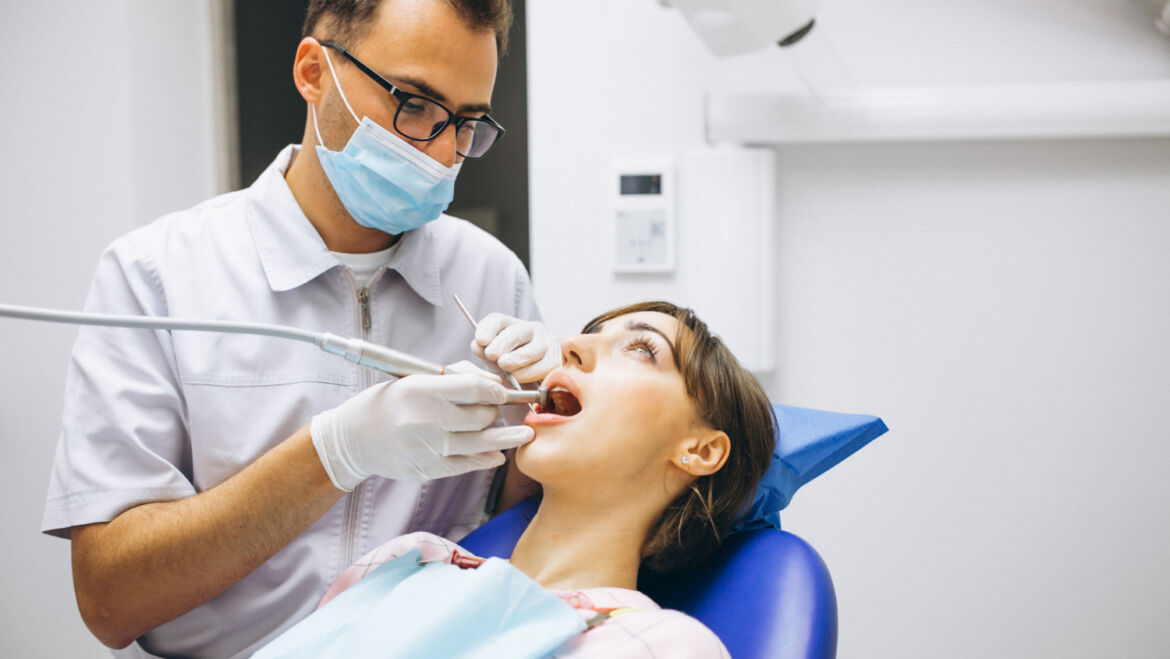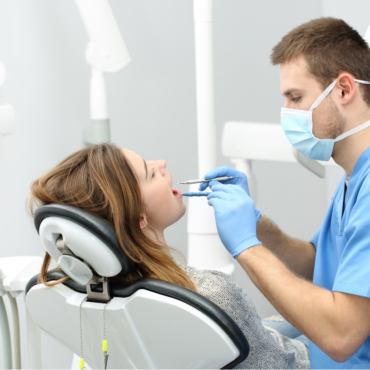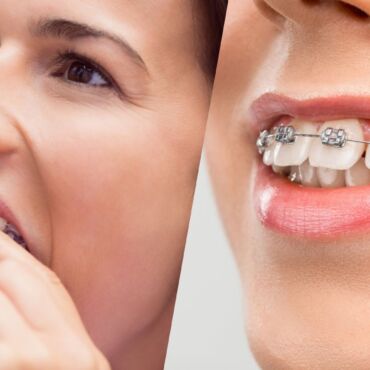Top 10 Causes Of Bad Breath That You Should Know
Bad breath, commonly known as halitosis, is an unpleasant ailment that most individuals may suffer at some point. Chronic foul breath, which can be caused by certain meals or lapses in dental care, may last for a long time. To address this issue, people may question how to permanently get rid of foul breath. Bad breath causes humiliation and may force you to avoid social situations. So, finding a remedy is essential.
Bad breath affects nearly most individuals. It is typically caused by poor oral care. It indicates that something is wrong and should be treated by a medical or dental professional. Tooth decay and gum disease are the leading causes of chronic foul breath. Consistent dental care and a visit to the best dentist in San Diego can help prevent these problems.
Causes of bad breath
Here are the top causes of bad breath in people.
Cause 1: Dental cavities
- Cavities are caused by a buildup of microbes in plaque.
- If you haven’t had a professional dental cleaning from the best dentist in San Diego in a while or if you neglect particular areas of your teeth when cleaning (brushing), you may be at risk of developing cavities.
- The microbes penetrate the enamel and form a hole in the tooth.
- It is then filled with plaque and food fragments.
- This can result in unpleasant breath.
- A dentist in San Diego treats cavities by eliminating bacteria and filling them.
- Keeping the teeth clean is essential for preventing new cavities.
Cause 2: Gum disease
- Bad breath is typically caused by an excess of odorous bacteria in the mouth.
- This is frequently caused by gum disease.
- Gum disease develops when plaque, a combination of microorganisms debris from food, and cell debris from the skin, persists on the teeth for an extended period of time.
- This is easily eradicated with good oral hygiene practices.
- If plaque is not eliminated, irritation develops, causing swelling, irritation, and hemorrhage of the gums.
- Eventually, gaps form between the gums and teeth, where germs flourish.
- To prevent bad breath attributed to gum disease, a dental cleaning is required to stop bacterial growth.
Cause 3: Dry mouth
- Xerostomia, or dry mouth, is among the leading causes of bad breath.
- It happens when the salivary glands fail to generate sufficient saliva to keep the mouth wet.
- Without enough saliva, food bits are not adequately rinsed away.
- This leaves bacteria to collect and emit an offensive smell.
- Alcohol, smoke, caffeine, certain drugs, and health problems are all potential causes of dry mouth.
Cause 4: Certain foodstuff that you consume
- Eating onions or garlic can create offensive breath because fragments get caught between teeth and attract bacteria.
- These particles can be removed with a toothbrush and floss, but some foods might also have an effect on breath after digestion.
- If you are unable to brush or floss your teeth shortly after eating, the best dentist in San Diego recommends not to consume onion, garlic, caffeine, and liquor.
- High-sugar diets can create noxious breath because microbes thrive on sugar and multiply, producing an unpleasant odor.
- Similarly, its abundant protein or low-carb meals can induce foul breath because the body might be unable to digest proteins effectively, resulting in the emission of sulfurous gases.
- Overall, both sugary and protein-rich diets might have a bad impact on breath.
Cause 5: Smoking
- Smoking is harmful to one’s breath and overall wellness.
- Cigarettes, cigars, and other tobacco-based products make your mouth smell dreadful and have an effect on items that get into touch with smoke.
- Smoking not only causes bad breath, but it also raises the risk of cardiovascular disease, cancer, strokes, and lung illness.
Cause 6: Medical conditions
Mouth infections may result in unpleasant odors, but if your dentist has ruled out other reasons and you practice proper dental hygiene, your foul breath could be related to something else. This might include nasal issues, stomach acid reflux, diabetes, or kidney and liver illness. In such instances, it is best to speak with a doctor or another medical professional.
Cause 7: Avoiding breakfast
- Breakfast is considered to be the most important meal of the day.
- Yet, many individuals tend to skip breakfast due to lack of time.
- Saliva is a naturally occurring substance in the human body that maintains the mouth and digestive system clean.
- Eating breakfast replenishes saliva, helping the digestive tract to function normally.
- However, missing breakfast disrupts this process, resulting in dry mouth and poor breath.
Cause 8: Dental cavities
- Plaque accumulation can cause deterioration of teeth and dental cavities, which are the result of decay of the teeth or damage to the surface.
- Bacteria in the oral cavity create acids that destroy the protective layer of enamel, which can indirectly cause foul breath.
- Cavities can hold food debris, making them harder to clean and causing persistent foul breath.
Cause 9: Medications
- Numerous drugs that may cause foul breath.
- Acidity reducers, antidepressants, antibiotics, antihistamines, steroids, chemotherapeutic drugs, nutritional supplements, and organosulfur compounds are among the treatments prescribed.
- If you consume any of these drugs, you should be advised that you may have an increased chance of developing foul breath.
Cause 10: Digestive problems
- Constipation and digestive issues can cause acid reflux, which produces unpleasant smells from consumed beverages and food.
- This disorder can result in esophagitis and ulcers, in addition to poor breath. It also raises the chance of esophageal cancer.
- If you are experiencing persistent digestive problems, you should consult a gastroenterologist.
The solutions for bad breath
- Taking proper care of your dental health is essential for decreasing or eliminating foul breath.
- This includes getting regular dental cleanings done from a professional dentist in San Diego, brushing your teeth after meals, flossing every day, and using mouthwash.
- These steps may be useful unless your unpleasant odor is triggered by a chronic condition such as tooth decay or illness.
- In case of chronic issues, it is vital to consult an emergency dentist San Diego.
- Gum and mouthwash will only partially mask the condition.
- However, the prognosis for persistent halitosis is often favorable.
- By addressing the underlying problem, enhancing dental care, and changing your food and behaviors, you can eventually obtain fresher breath.
If persistent bad breath persists despite home remedies, seeking advice from an emergency dentist in San Diego is essential. Brite Smile Dental provides expert recommendations for effective bad breath management. Our San Diego dentist conducts a comprehensive examination to identify the root cause, guiding you in implementing necessary measures for resolution. Discover the reasons behind bad breath and achieve a fresh, healthy smile by scheduling a visit with the best dentist in San Diego at Brite Smile Dental. For any dental concerns, we’re here to provide personalized solutions. Book an appointment now!



